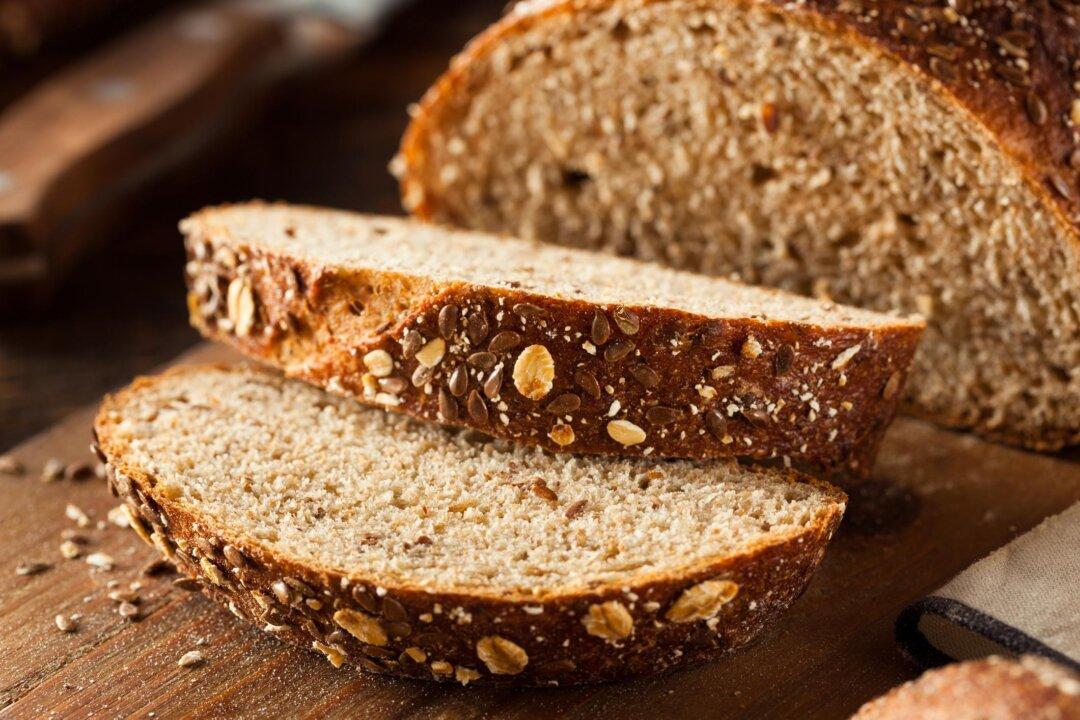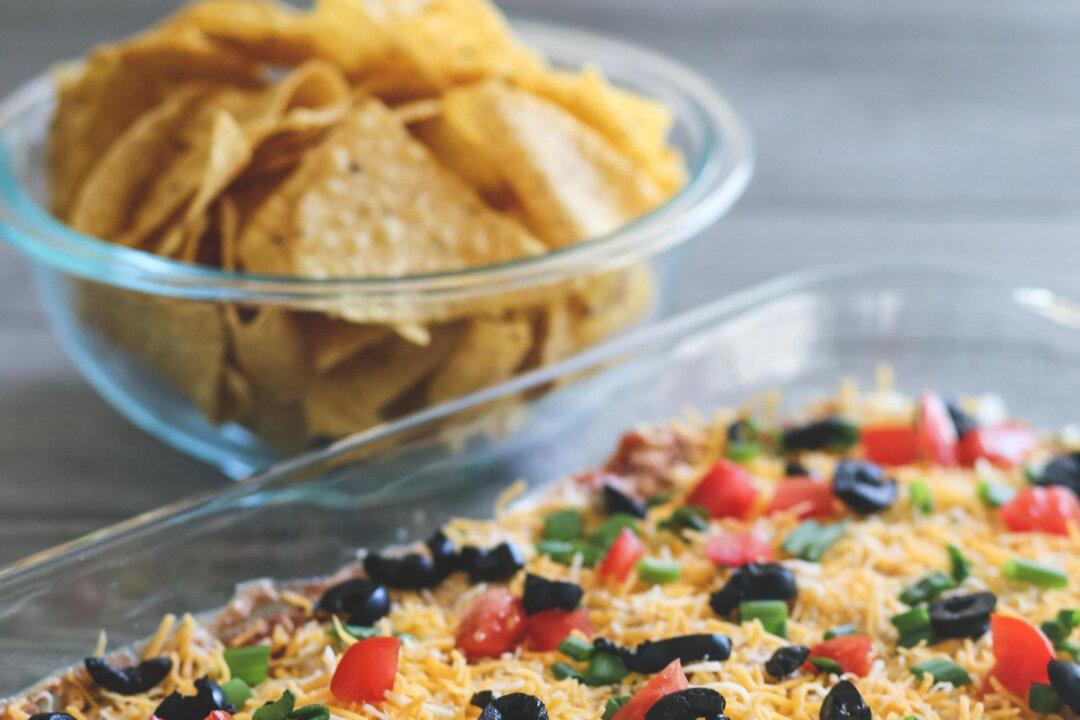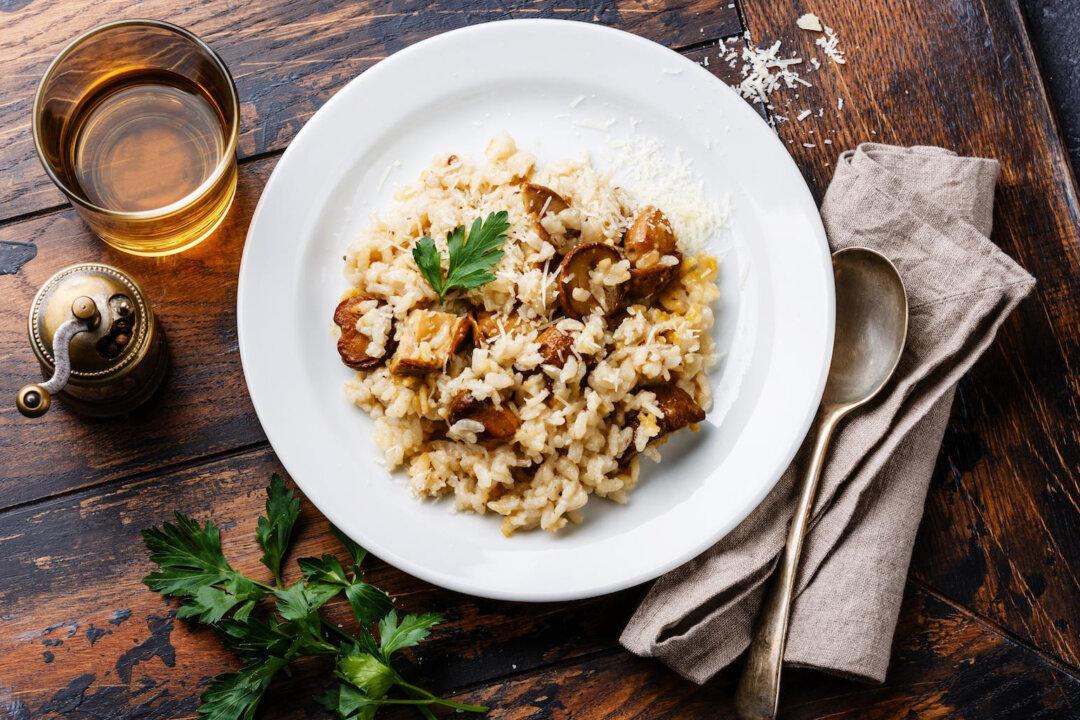Carbohydrates, or carbs, have recently gathered a bad reputation for their ability to cause weight gain, but not all carbs are unhealthy. In fact, carbs are actually essential to our diets.
What is a carb? Sugar, starch and fiber are three types of carbs commonly found in fruits, beans, milk and more. The Dietary Guidelines for Americans recommend that carbs make up 45% to 65% of an adult’s daily calorie intake.





